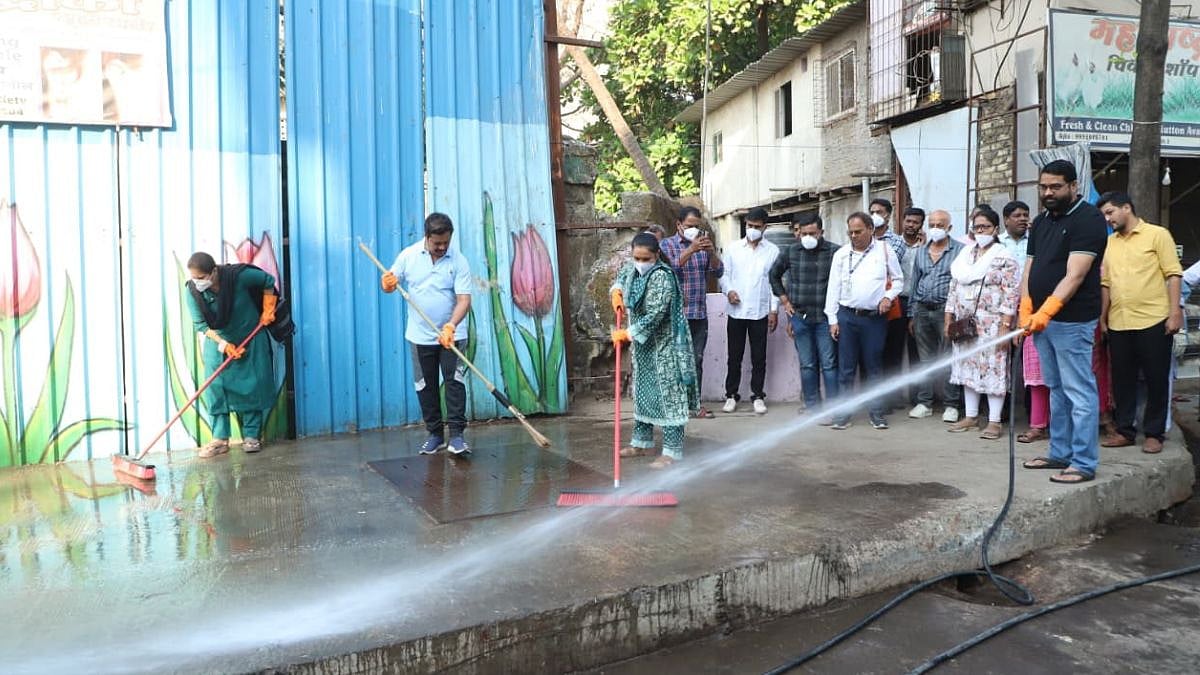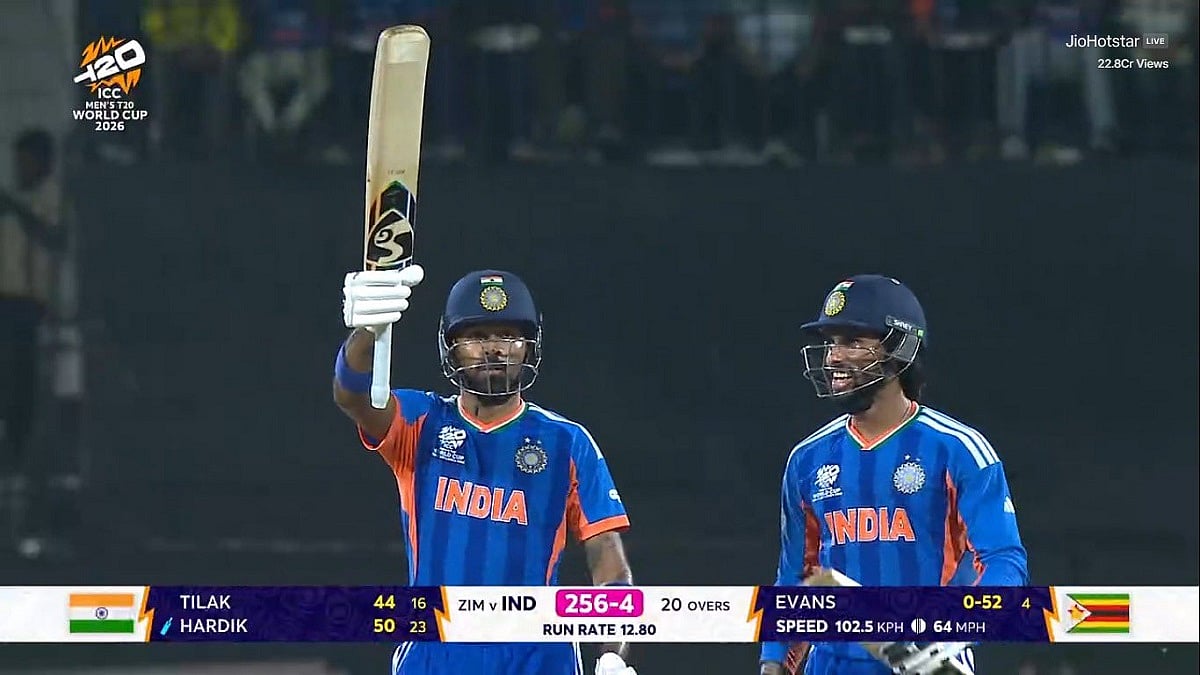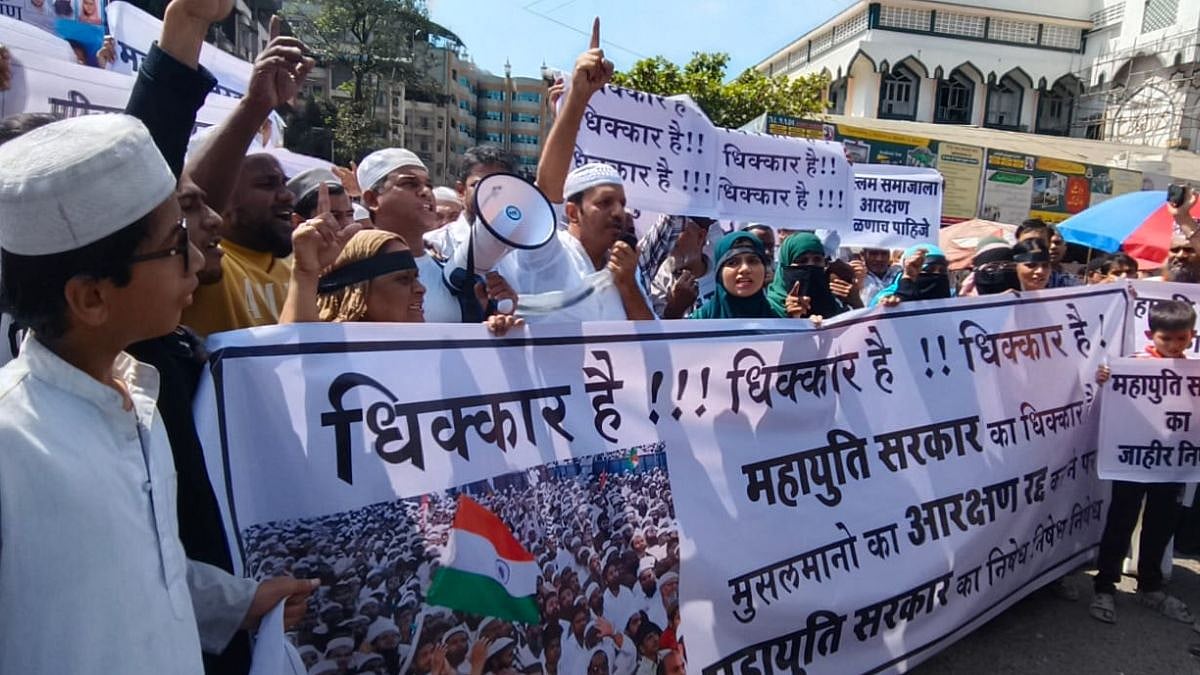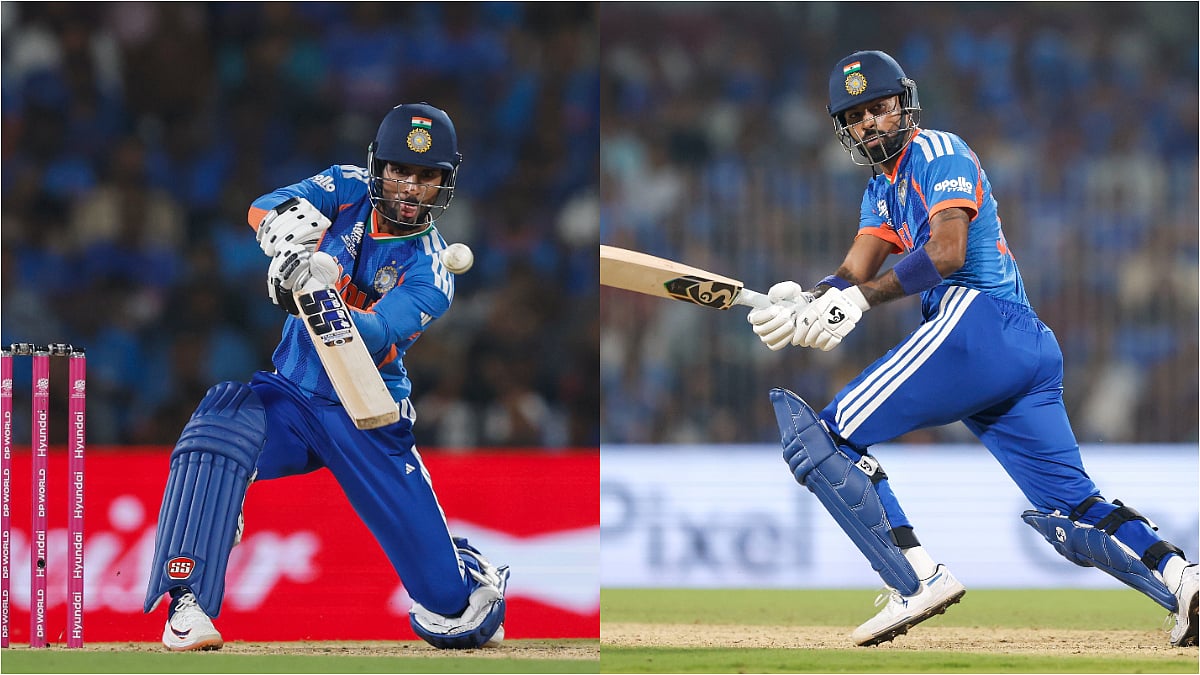KITS 2026: Karunya Institute of Technology and Sciences (Karunya University) announced the full timetable for its 2026 entrance exams, which include the Karunya Entrance Examination (KEE) for BTech admissions and the Karunya Management Aptitude Test (KMAT) for MBA and MCA programs.
KEE and KMAT 2026 timetable
According to Karunya University, KEE 2026 will take place in two phases: Phase 1 on January 10 and 11, 2026, and Phase 2 on April 10 and 12, 2026.
KMAT 2026, designed for MBA and MCA aspirants, will be held in five phases. The examination will be conducted in five phases throughout 2026. Phase 1 is scheduled for January 10 and 11, 2026, followed by Phase 2 from April 10 to 12, 2026. Phase 3 will take place on May 9 and 10, 2026, while Phase 4 is scheduled for June 13 and 14, 2026. The final round, Phase 5, will be held on July 25 and 26, 2026.
Note: Both exams will be administered online, allowing students to complete the test from their desired location.
KEE 2026: Exam pattern
The KEE 2026 exam will last three hours and consist of multiple-choice questions. Each accurate answer earns +3 points, while each incorrect response earns -1 point.
The paper will contain: the exam will consist of questions from multiple subjects, with varying weightage for each. The Mathematics/Biology section will include 35 questions, while Physics and Chemistry will have 25 questions each. Additionally, the English section will comprise 25 questions, and the General Aptitude section will contain 10 questions.
Note: The framework makes sure PCM and PCB students are eligible based on their engineering program. Aspirants must carefully manage their time between portions, as accuracy is heavily weighed owing to negative marking.
KMAT 2026: Exam pattern
KMAT 2026 will be a 100-mark test that covers important managerial aptitude areas. The marks are distributed as follows:
The exam will be categorised into four major portions with differing weightages. The Verbal Ability and Reading Comprehension (VARC) portion will be worth 30 points, with Data Interpretation and Logical Reasoning (DLIR) worth 20. The Quantitative Ability (QA) component will also be given 20 points, with the Indian and Global Business Environment section receiving the most weightage at 30 points.
Note: This structure assesses a student's analytical, numerical, and communication skills, as well as their understanding of business trends. The institution seeks to examine well-rounded applicants who can fulfil industry requirements.





